
What are prosthetic legs made of?
“Prosthetic legs” are devices that assist people with disabilities in resuming their daily lives. What are prosthetic legs made of? They aren’t just composed of can pull rings anymore.
Thai Beverage Can Co., Ltd., in collaboration with Anglo Asia Group (Thailand) Co., Ltd., UACJ (Thailand) Co., Ltd., and the Sustainable Resource Management Foundation (3R Foundation)
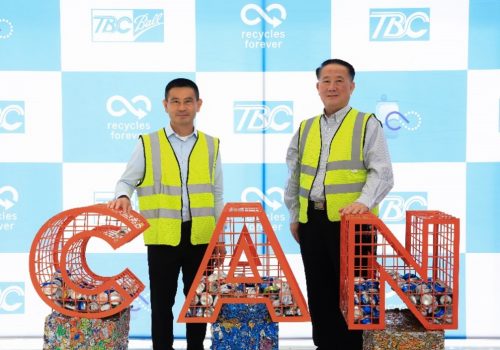
The 4 partners are ready to showcase their innovation and international standard, comprehensive aluminium can waste management processes. They plan to recycle used packaging into new forms, reducing waste sustainably. With government support, this initiative could benefit the environment, economy, and society by promoting a circular economy through aluminium cans.
Saroj Chayavivatkul, Managing Director of Thai Beverage Can Co., Ltd., stated, “As a leader in the Thai and Southeast Asian aluminium can and lid market, TBC is committed to being a sustainable packaging business model and leader. By collaborating with four organizations with a shared goal of reducing waste, we bring modern recycling technology to transform aluminium waste into safe, hygienic food and beverage packaging that can be 100% reused, enabling efficient resource circulation, reducing the chance of waste being landfilled or becoming marine debris.”
Currently, Thailand produces about 6.5 billion aluminium cans per year, with 50% for export and the remaining 50% staying within the country. Thailand is the only ASEAN country fully equipped for comprehensive aluminium waste management, thanks to collaborations with various organizations. The recycling process starts with Anglo Asia Group (Thailand) Co., Ltd., ready to recycle aluminium can scraps from the separation of aluminium cans from other materials, cleaning, cutting into small pieces, removing paint and lacquer, and melting the aluminium scraps in an efficient furnace to produce recycled material with up to 99% standard. Then, the material is passed on to UACJ (Thailand) Co., Ltd., a leading aluminium sheet manufacturer in Southeast Asia, to continue the process from casting raw materials at high temperatures up to 730 degrees Celsius for cleanliness and safety from contaminants, to rolling into aluminium sheets using advanced technology, under the long-cultivated operational expertise. TBC will then mold new shapes according to the type of use, both as raw materials for product production and suitable packaging, supporting the circular economy within a sustainable framework through research and creating product innovations that meet market demands and adapt to changing market trends continuously.
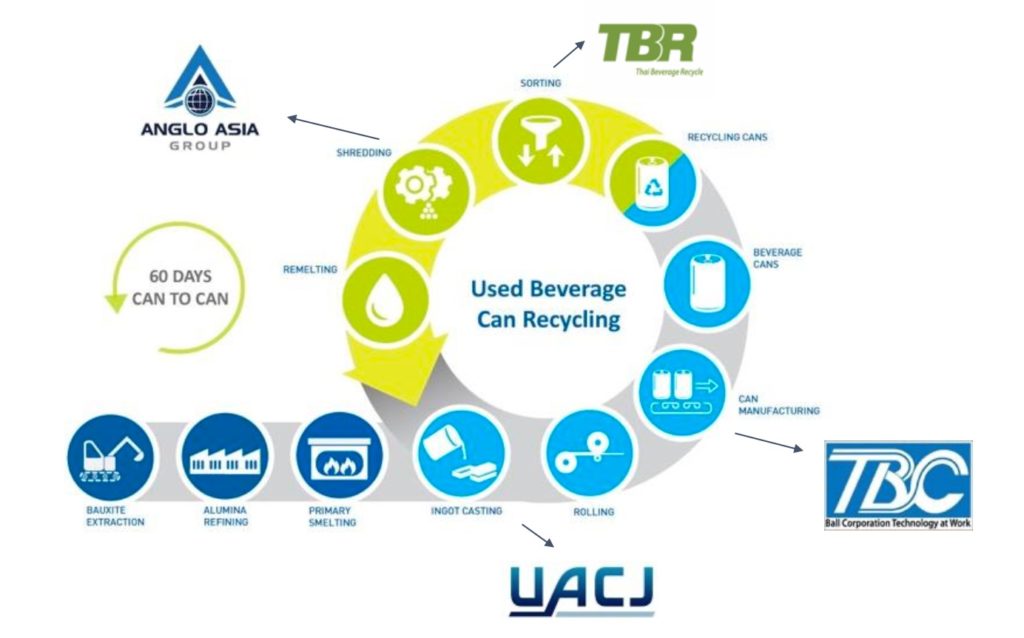
Recycling aluminium cans brings benefits across 3 key areas:
Dr. Vithoon Simachokdee, the Executive Chairman of the Sustainable Resource Management Foundation (3R Foundation), stated, “This cooperation focuses on comprehensive aluminium can recycling to develop an efficient model for reusing waste and reducing overall waste volume, aligning with the 3R Foundation’s mission to promote sustainable resource management under the 3R concept: Reduce, Reuse, Recycle. It also supports the design and innovation of products based on circular economy principles, enhancing resource reuse and providing competitive advantages to Thai businesses. This represents a significant step for Thailand in driving waste management to promote sustainable resource management.”
This partnership underscores the private sector’s commitment to addressing waste issues sustainably, recognizing the environmental problems from past to present, and pushing for “aluminium can recycling” as a waste management model. With government support for aluminium can recycling, it could enhance recycling within the country, benefiting the environment, economy, and society.
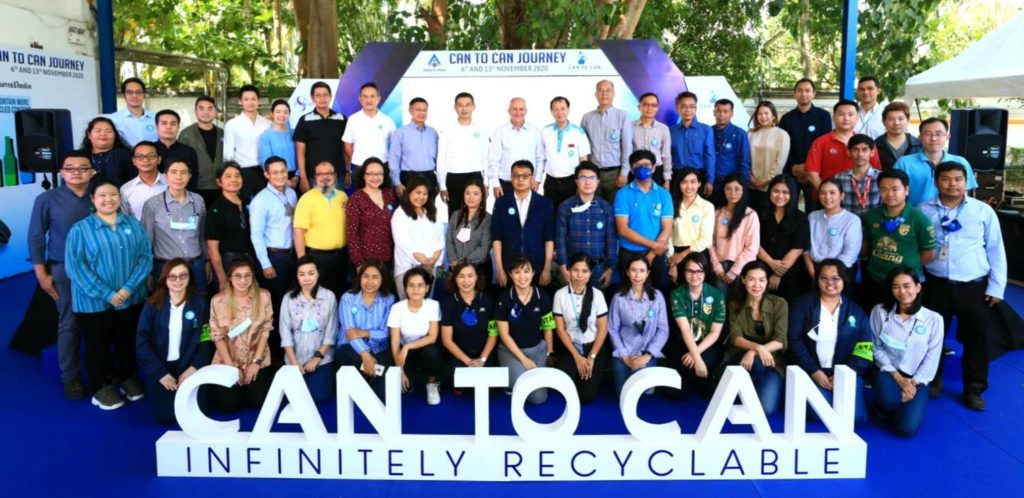
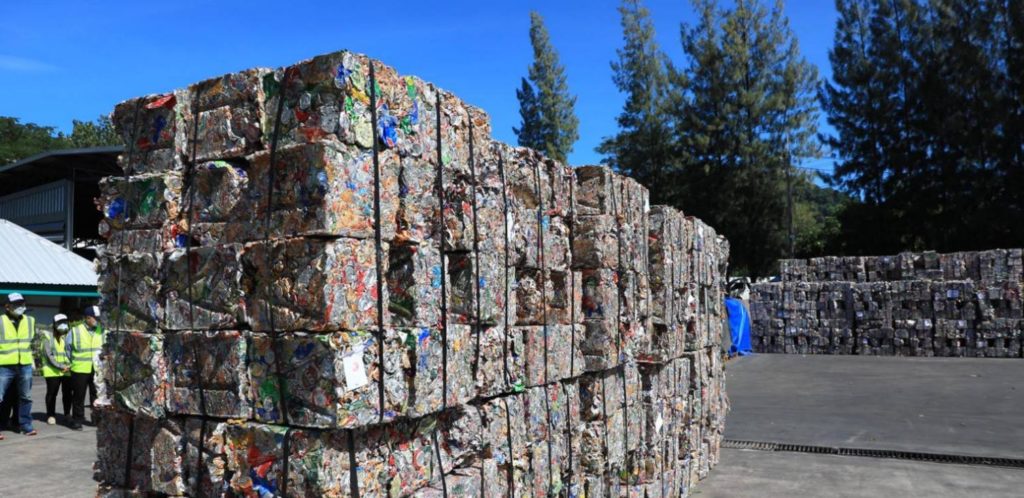
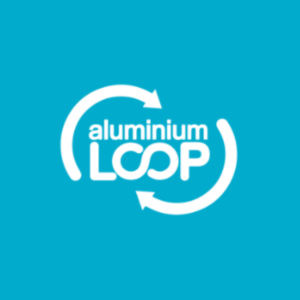

“Prosthetic legs” are devices that assist people with disabilities in resuming their daily lives. What are prosthetic legs made of? They aren’t just composed of can pull rings anymore.
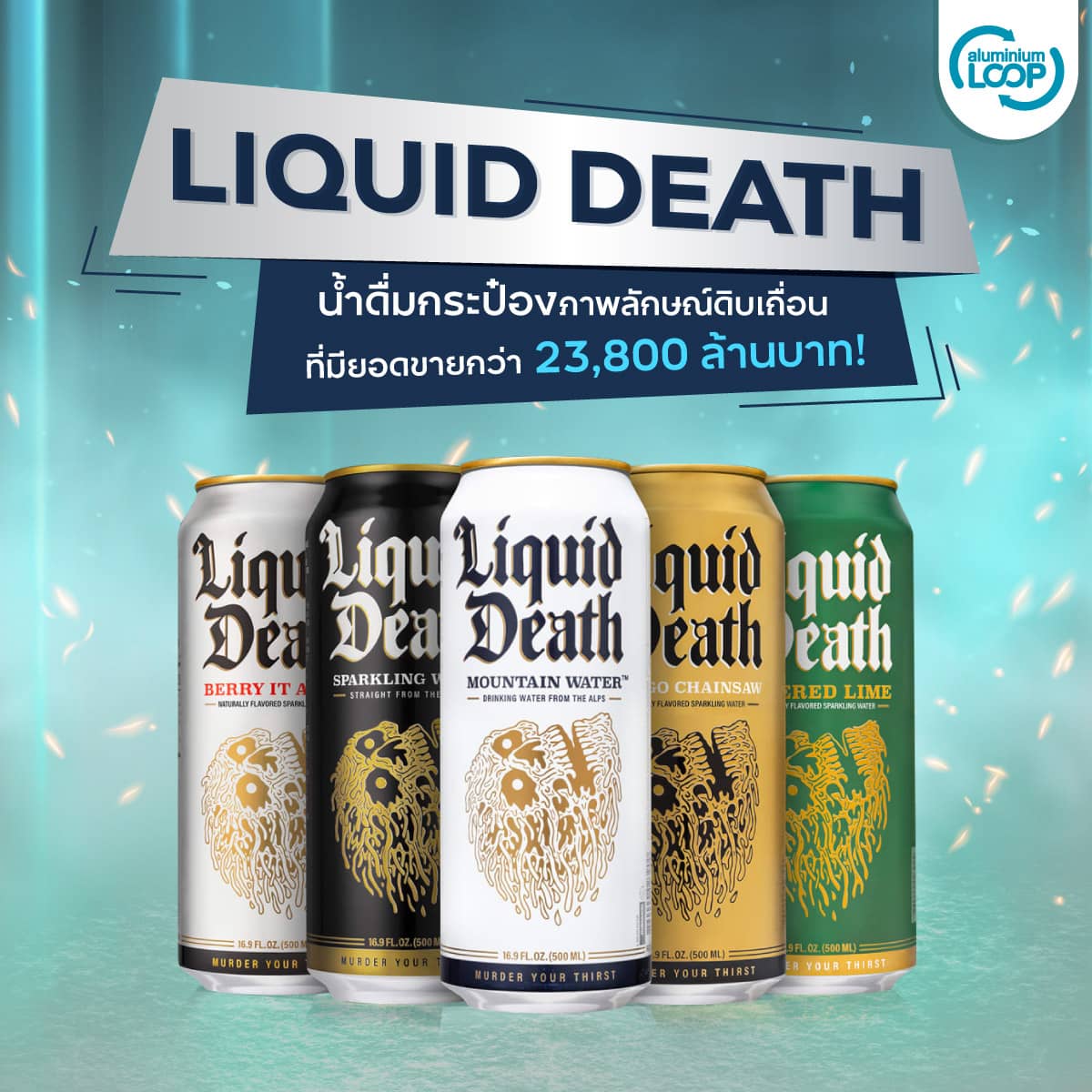
Canned water with sales exceeding 20 billion baht. A daring and unconventional brand with an edgy image that has gained widespread acceptance.
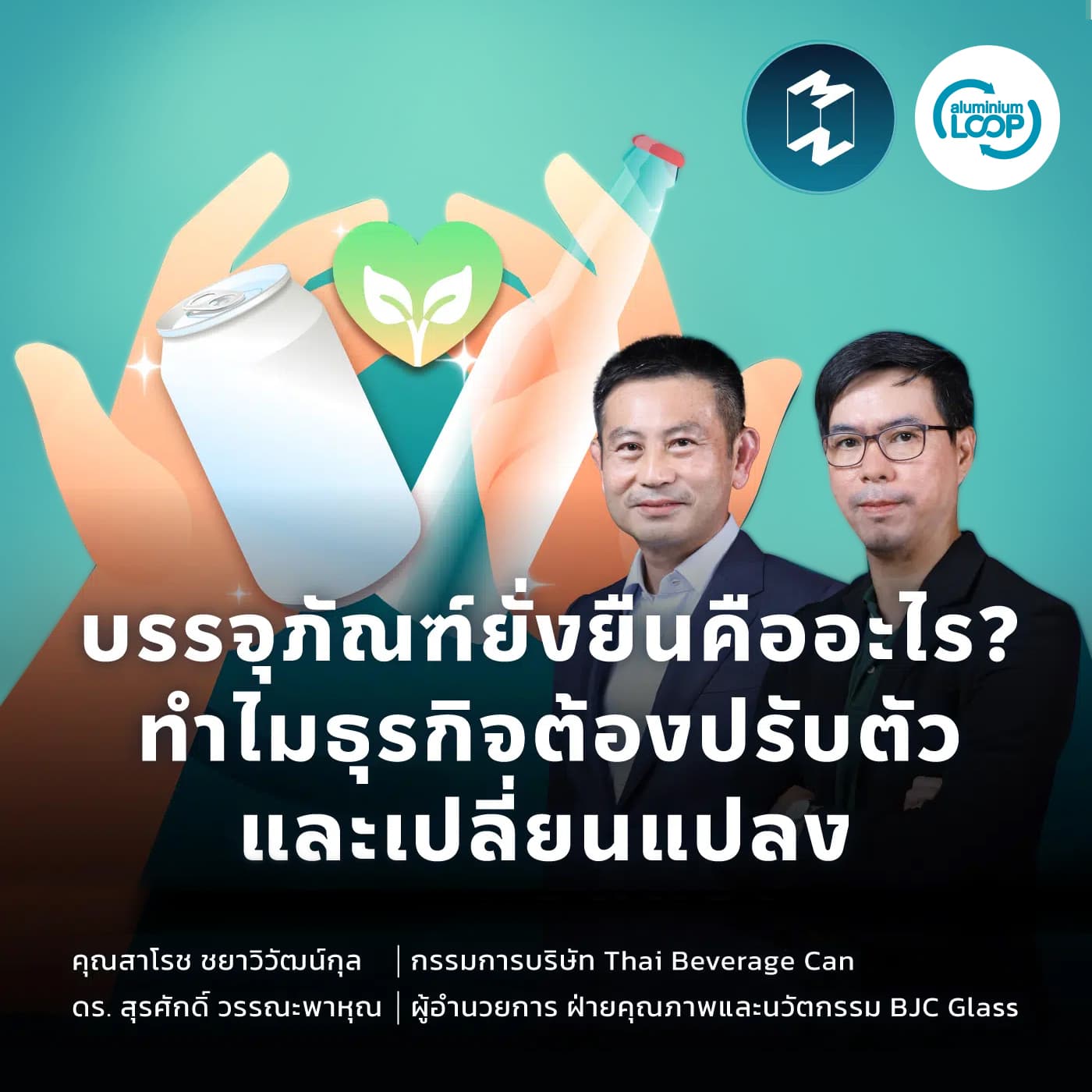
Packaging waste is a matter close to both consumers and manufacturers. Manufacturers need to take responsibility for their packaging from the source.